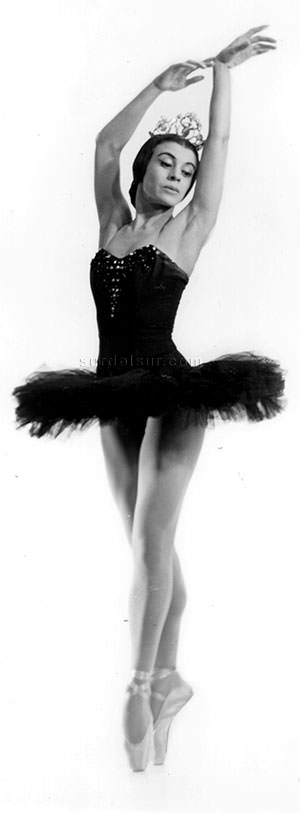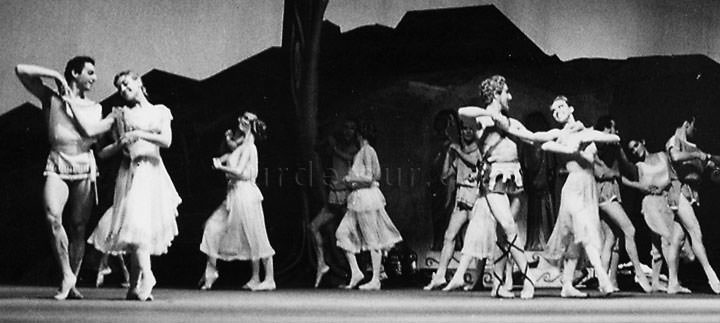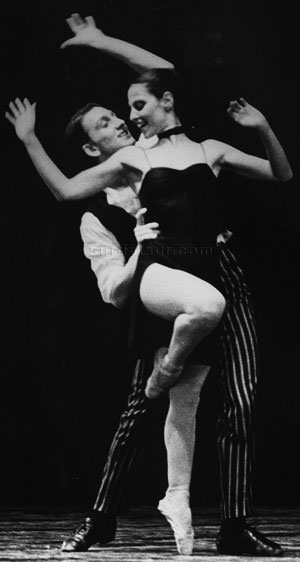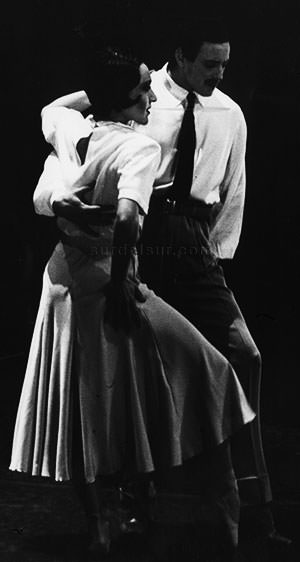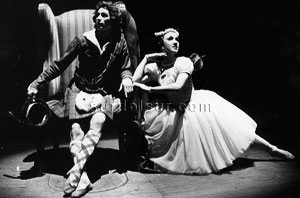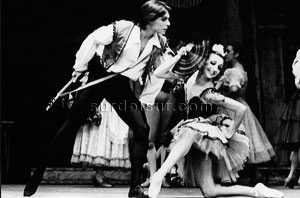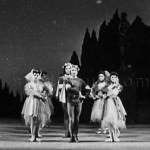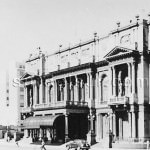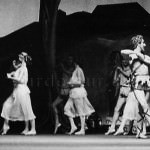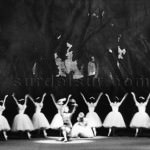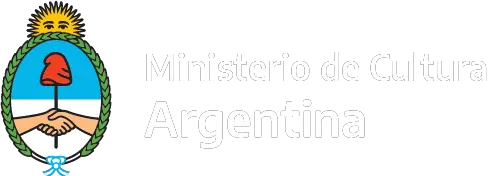Ballet in Argentina during the 1940’s
The Colon Theater Ballet in Argentina during the decade of the ’40 incorporates important figures of the Russian ballet. Balanchine worked for our Ballet in 1942. Monte Carlo Ballets with Léonide Massine and the Original Ballet Russe of Colonel Basil also performed in the early 1940.
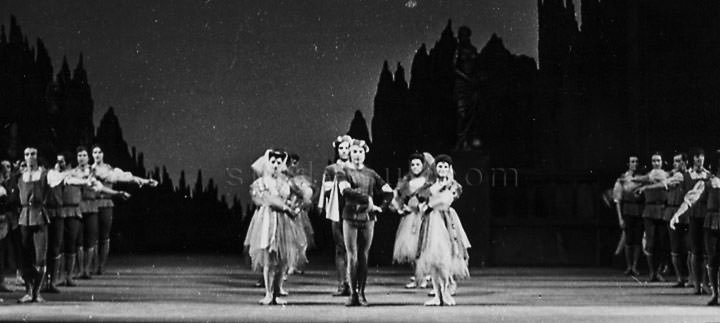
Article of the guest columnist for surdelsur.com
The Original Ballet merged with the Colón Ballet in 1943, under the direction of Basil. Several of his figures settled in America, like: Olga Grigorieva, Vladimir Irman, Verchichina, Tatiana Leskova, etc. Argentina received the art of Alexander Sakharoff, The Dance Poets, agents of new aesthetics, and the Ballets Jooss of Essen founded by Kurt Jooss.
During the 1950s
In Ballet in Argentina during the 1950s, our dancers María Ruanova, Olga Ferri, Víctor y Beatriz Ferrari, Esmeralda Agoglia, Enrique Lommi, Antonio Truyol, José Neglia, Adela Adamowa, Irina Borovska and Victor Moreno, among others stood out. The repertoire of the Colón was enhanced with productions by Léonide Massine, Aurel M. Milloss and Tatjana Gsovsky.
In 1950, the Paris Opera Ballet led by Tamara Toumanova and Serge Lifar brought Lifarian masterpieces. We were visited by Alicia Markova and Alicia Alonso; the latter began an important activity in Argentina which would extend up to her last appearance in 1987 with the Cuban National Ballet.
By that time, several important groups visited our country: the Marqués de Cuevas Ballet, the American Ballet Theater and some Soviet Ballet groups. The movement of modern dance acquired a renewed impulse with figures like Renate Schottelius, Paulina Ossona, Luisa Grinberg, Otto Werberg and others; together with the remarkable Kreutberg and Dore Hoyer.
Colón Theater Ballet in Argentina since the 1960s
Since the 1960s, the Colon Theater Ballet in Argentina, started to present the major classical productions staged by Jack Carter, Rudolf Nureyev, Zarko Prebil, Liliana Belfiore, Galizzi and Makarova, together with Pierre Lacotte’s La Sylphide , Enrique Martinez’s Coppelia and Profokiev’s ballets.
Towards 1985, the triumph of two young figures: Julio Bocca and Maximiliano Guerra – winners in Moscú and Varna- would give ballet an exceptional popularity. The international career of the two dancers confirmed their local success.
On the other hand, artists like Raúl Candal, Silvia Bazilis, Cristina Delmagro, Eduardo Caamaño, Alicia Quadri and Daniel Escobar remarkably staged brilliant performances at the Colón which included, aside from classical, romantic and contemporary works, creations by the Argentine choreographers Oscar Araiz, Julio López, Rodolfo Lastra, José Zartmann and Carlos Baldonedo, Alejandro Cervera and Mauricio Wainrot.
In the last seasons, the Colón gave the contemporary ballet d’action an important place with productions signed by Kenneth MacMillan and John Cranko: Romeo and Juliet; The Taming of the Shrew and Onegin.
See previous report History of Ballet in Argentina influences, Jesuits and School Bolera, French and Italian Companies, Ballets Russes and the creation of the Argentine Ballet Schools.
References:
All graphic material in this report is edited digitally. The customized version by surdelsur.com shown on this page is performed based on the following documents:
- Teatro Colón, Opera House [Photographs and ancient prints] Collection of Photographs of History of Ballet in Argentina, kindly granted by Colon Theater

